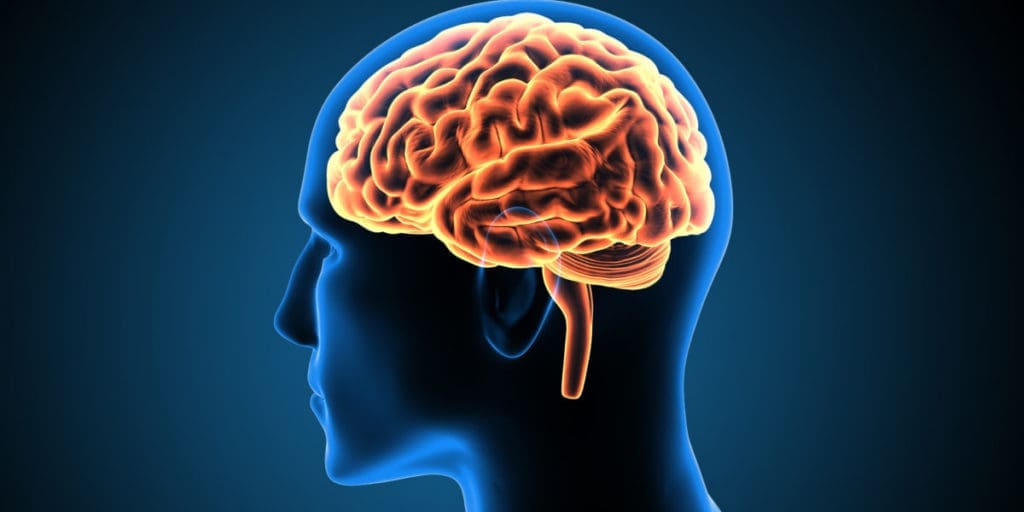Overview
Personal Bipolar Disorder stories can help others better understand the daily struggles. Below is just one of many to be told. Please read on and we hope you get a better understanding towards those living with this disease.
I am one of millions living with bipolar disorder. It’s not something I hide, but it’s also not something I’ve gone out of my way to discuss until now. The longer I cope with the day to day struggle of mood swings, the more apparent it is that people lack compassion when it comes to mood disorders. If you have a loved one who is struggling with manic and depressive episodes, you can help. Let me tell you what it’s like to have bipolar disorder so you can find the best ways to provide that help.
Managing the Mania

Facing the inevitable lows with Bipolar Disorder
After the highs came the inevitable lows. And when they came, I would crash hard. All I wanted to do was curl in the fetal position in bed and sleep, so that’s all I did. I didn’t bathe or eat, household chores went by the wayside and forget about cooking and crafting. The bare minimum to keep my cat alive was all I could manage. My poor husband had to fend for himself after his 12 hour days at work. I rarely left the bedroom unless it was to spend mindless hours on the computer.
Once we realized how serious the problem was, my husband and I realized it was critical that I needed expert medical advice. I saw my doctor and was put on Seroquel. When that drug stopped working, my doctor prescribed Abilify. It’s been an excellent treatment as I learn to better manage my symptoms.

Unfortunately, the side effects have been harsh, and I’ve paid quite the price. I am not a vain woman, but I’ve put on 20lbs in the 6 months since I started the new medication, and it’s 20lbs I can’t afford to carry on my 5’2″ frame. I have no ability to exercise and lose the weight, especially now that I’m wearing an Aircast that helps me manage other painful conditions. Those things combined with the other medications I take that each have their own side effects create challenges each and every day.
Enduring the side effects
I’ve also experienced some unpleasant side effects from my bipolar medication, including severe brain zaps and shadows on the sides of my vision. These were enough to send me back to my psychiatrist to discuss making another medication change. Those changes feel like a constant dance that you tango when you have a mental illness.
He’s decided to try me on an older drug that is less likely to cause weight gain like so many of the newer ones do. It’s called Zeldox (my family doctor says it sounds like a cartoon character and I agree!) and the side effects listed are as follows:
- constipation
- cough
- diarrhea
- dizziness
- fatigue
- flu-like symptoms (e.g., fever, sore throat, chills)
- nausea or upset stomach
- restlessness
- runny nose
- sexual difficulties
- vomiting

In general, most of these are mild and go away in the first couple of weeks of taking the medication, so I’m not too concerned – yet. I’m just hoping that the brain zaps disappear, as this is one of the most unpleasant of all the side effects that I experience.
Extenuating Bipolar Disorder Challenges
What is a brain zap you ask? Brain zap or brain shiver is a term used to describe the sensation of a sudden jolt or buzz in the brain. It is also compared to the electrical shock, has no apparent cause and is brief in duration. In most people, it’s relatively mild, but some have reported the occurrences of very extreme and painful jolts. They are a temporary occurrence. Brain zaps can sometimes be accompanied by dizziness, tinnitus, mild pain and ache and a general sense of discomfort.
I experience mine as a buzz that goes across my head from ear to ear. I can hear the loud buzzing sound as well as feel it, but there isn’t any pain. It’s almost like the hum of an electric razor, but very quick and sudden.

Sometimes it’s just one zap; sometimes it’s a series of them. They’re mostly annoying more than anything else, but a side effect I can do without due to their frequency. The shadowing I’ve been getting in my vision is more worrisome, as I tend to freak out about anything to do with my eyes. I have no eye problems (other than wearing glasses), and I’d like to keep at least one body part in good shape for as long as possible.
There is always hope
Bipolar disorder can be tricky to manage, but with the right care and proper medications, those of us living through periods of mania and periods of depression can still live a typical life.
I’ve found the balance between mania and depression. Now I’m able to function most days and tend to cooking and cleaning when my other health issues allow it. My husband can even expect to come home to dinner waiting most of the time. I feel more likely to work on a craft than when I was in a depressive crash. My quality – and frequency – of sleep could still use a stronger routine, but I’m not staying awake for days on end anymore.
People with bipolar disorder may spend weeks feeling like they’re on top of the world before plunging into a deep depression. These extreme shifts in mood vary in length from person to person. If you are one of the millions of people living with manic and depressive symptoms, please reach out to your doctor, friends, family and support groups. There are people to understand what you’re facing and what you will face as you come to terms with your condition.
Would you like to share your story on what it’s like to have bipolar disorder?
What topics related to bipolar disorder would you like to see us explore?
Email us at info@painresource.com with your ideas.
Are you on Facebook?
Join our online community by clicking here.
Pain management starts and ends with health awareness and dedication. Click here to read more.


